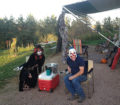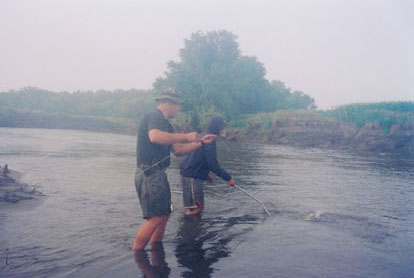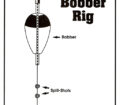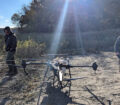By Clark Schmitz
After nearly 41 years of Endangered Species Act protection the Grizzly Bear in the greater Yellowstone area had rebounded from an estimated low of 136 (in 1975) to approx. 700 bears. This was a result of sound wildlife management from the Departments of Fish & Game in WY. , MT. and ID. Wyoming alone had spent 50 million dollars on recovery and management of the Grizzly Bear, which has exceeded every scientific established recovery criteria since 2003. In June of 2017 the Grizzly Bear was delisted from the Endangered Species list. Idaho, Montana and Wyoming were then responsible for Grizzly Bear management.
The first Grizzly bear hunt in more than 40 years in the lower 48 states was scheduled to begin Sept. 1, 2018. Wyoming’s hunt would be in two phases: Sept. 1 would open the season in an outlying area with a quota of 12 bears, and Sept. 15 would start a season near Yellowstone and Grand Teton national parks. One female or nine males could be taken in those areas. Idaho would issue only one permit while Montana would not issue any permits in 2018. No hunting would be allowed in either Yellowstone or Grand Teton National parks.
In a last minute appeal (on Thursday Aug. 30, 2018) by the Crow Indian Tribe, other Indian tribes and environmental groups, United States District Court Judge Dana Christensen ruled in favor of the Crow Indian Tribe and blocked the hunts. The advocacy groups claimed the US Fish and Wildlife Service’s decision last year that the Grizzly wasn’t threatened was based on faulty science and WY., ID., and MT. would not ensure the bears survival. This ruling made after all Grizzly Bear recovery criteria was met since 2003 and WY alone spent 50 million dollars to enhance bear numbers!
The scheduled Grizzly Bear hunt and its cancelation by the courts only two days prior to the start of the season was unreasonable to say the least, and brings to light once again the question of who should be able to “weigh in” on rules regarding wildlife and their management. Environmental groups seem to view state wildlife professionals and hunters as villains when in reality they have provided the finances and expertise to manage wildlife populations for everyone for decades. Regulated hunting has not caused a single wildlife species to become rare or endangered. Furthermore regulated hunting fees and taxes on hunting equipment, ammunition and angling equipment has paid for sound management and saved numerous animals from extinction including the Wild Turkey, Buffalo, Elk and Wood Duck to name only a few. The number one cause of a wildlife species to become rare or endangered is environmental alteration.
Animal activist groups should be applauded for trying to help preserve wildlife but fail to recognize the need, to at times, take a conservation or management approach. Letting “nature take its course” may have worked 200 years ago before the land scape was changed so dramatically by human development. If left unmanaged wildlife numbers rise and fall drastically while causing devastating damage to their habitat. Snow geese are currently an example of how over population can be devastating as they are literally ruining their summer range by over grazing. Regulated hunting is the most cost efficient, effective and humane way to balance wildlife numbers.
The management of large predators such as Grizzly Bears and Wolves is particularly difficult as these species and their numbers have a huge impact on other wildlife species, livestock, pets and human safety. The “correct number” of these species is almost impossible for all to agree upon. Trained game biologists must be relied upon to give us scientific data relating to reasonable populations. When these populations are exceeded their numbers must be reduced. Regulated hunting being the most efficient means.
Let’s all strive to not work apart but work together for the wellbeing of all wildlife species. Hunters/conservationists and animal activists really strive for all the same things relating to wildlife except the harvesting of the excess. I choose to hunt but respect those who choose not to. I ask only that they do the same.















